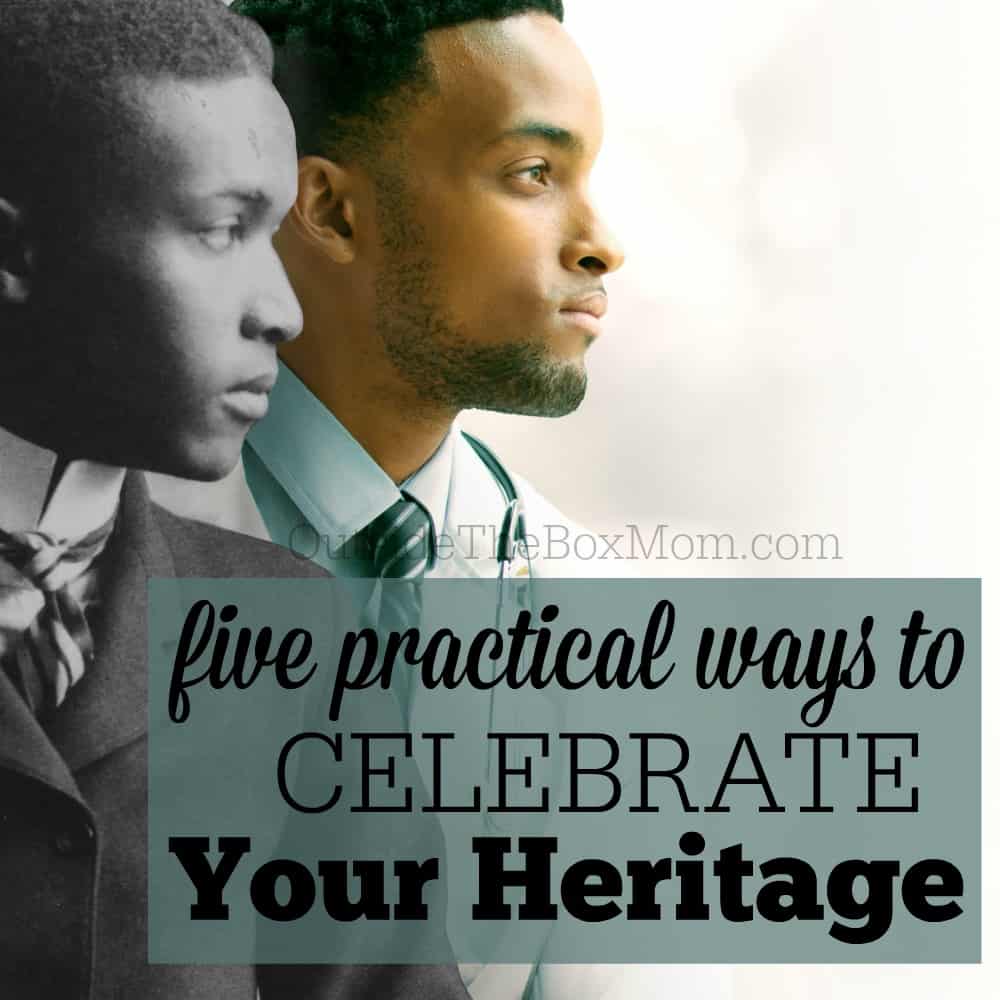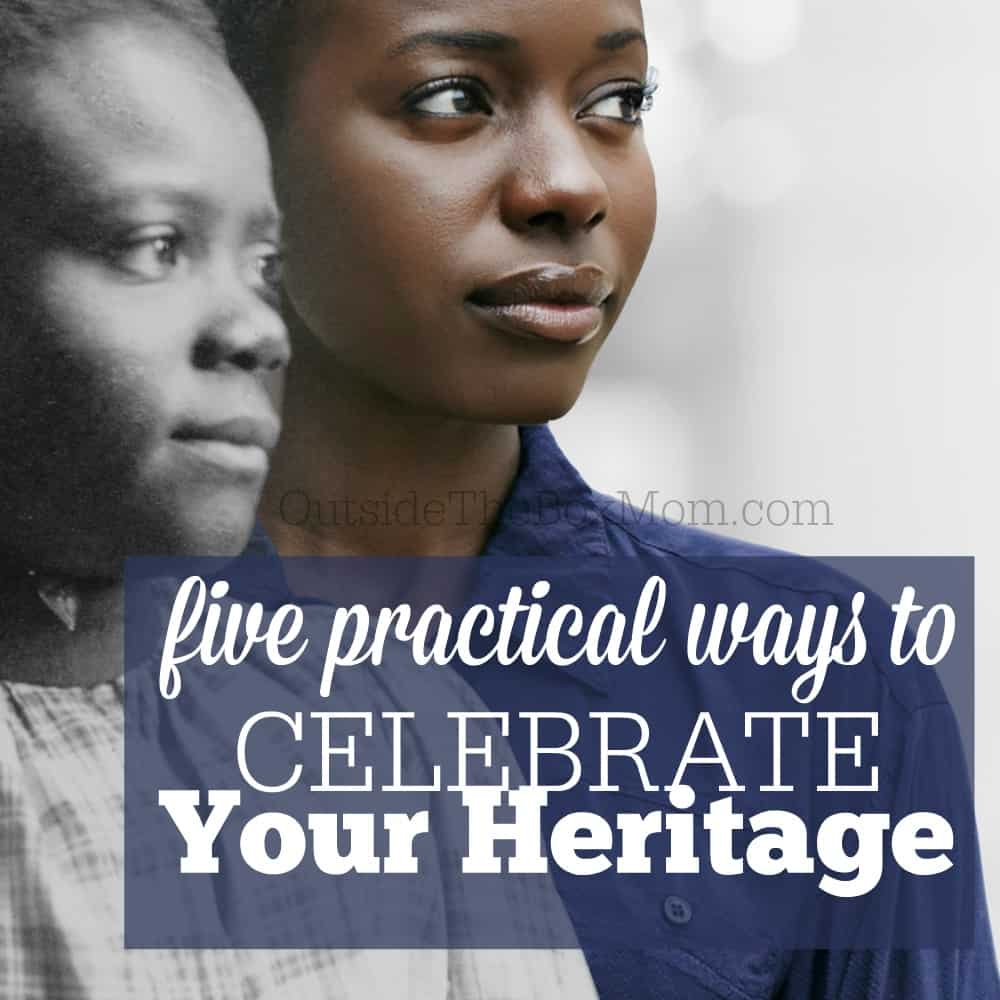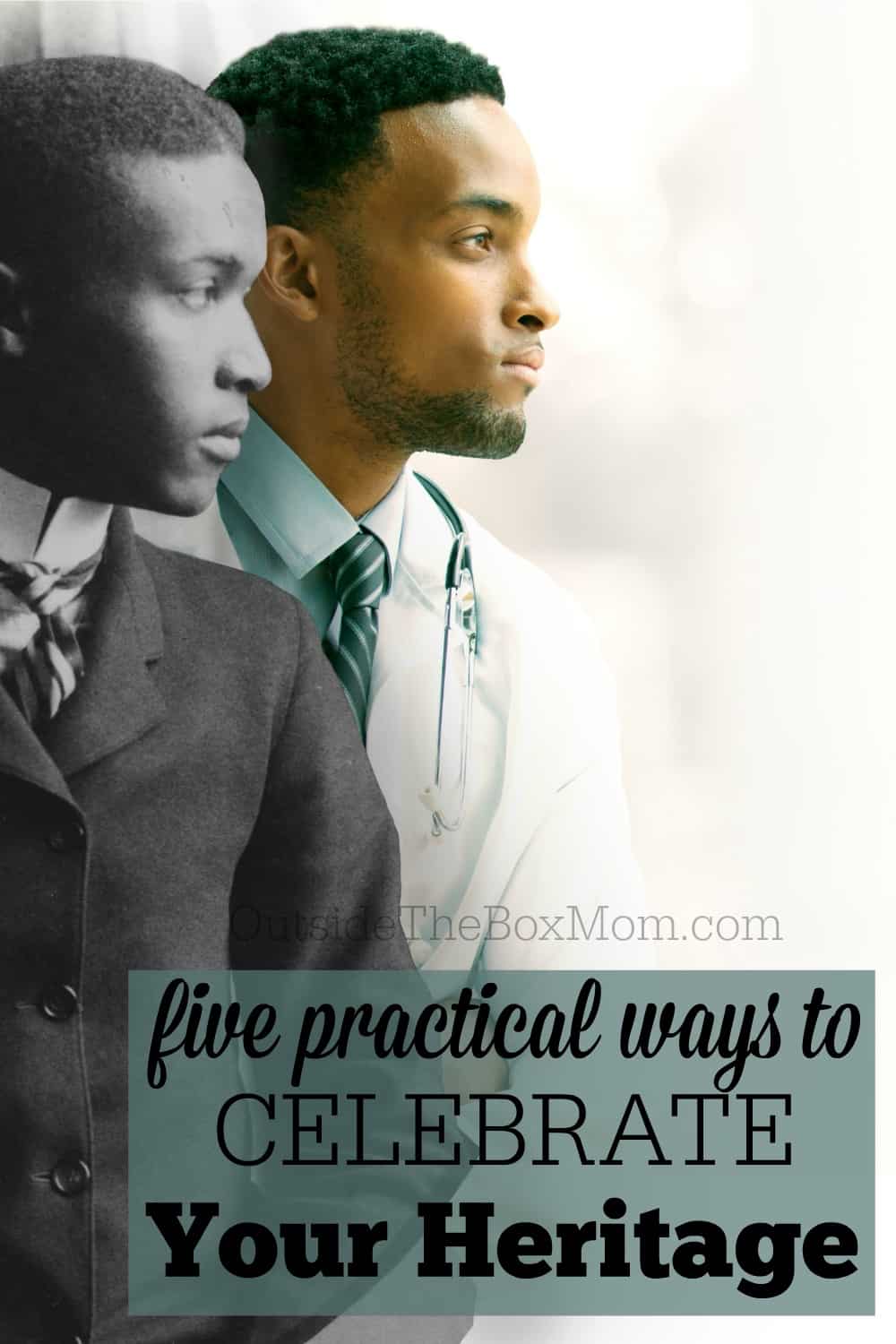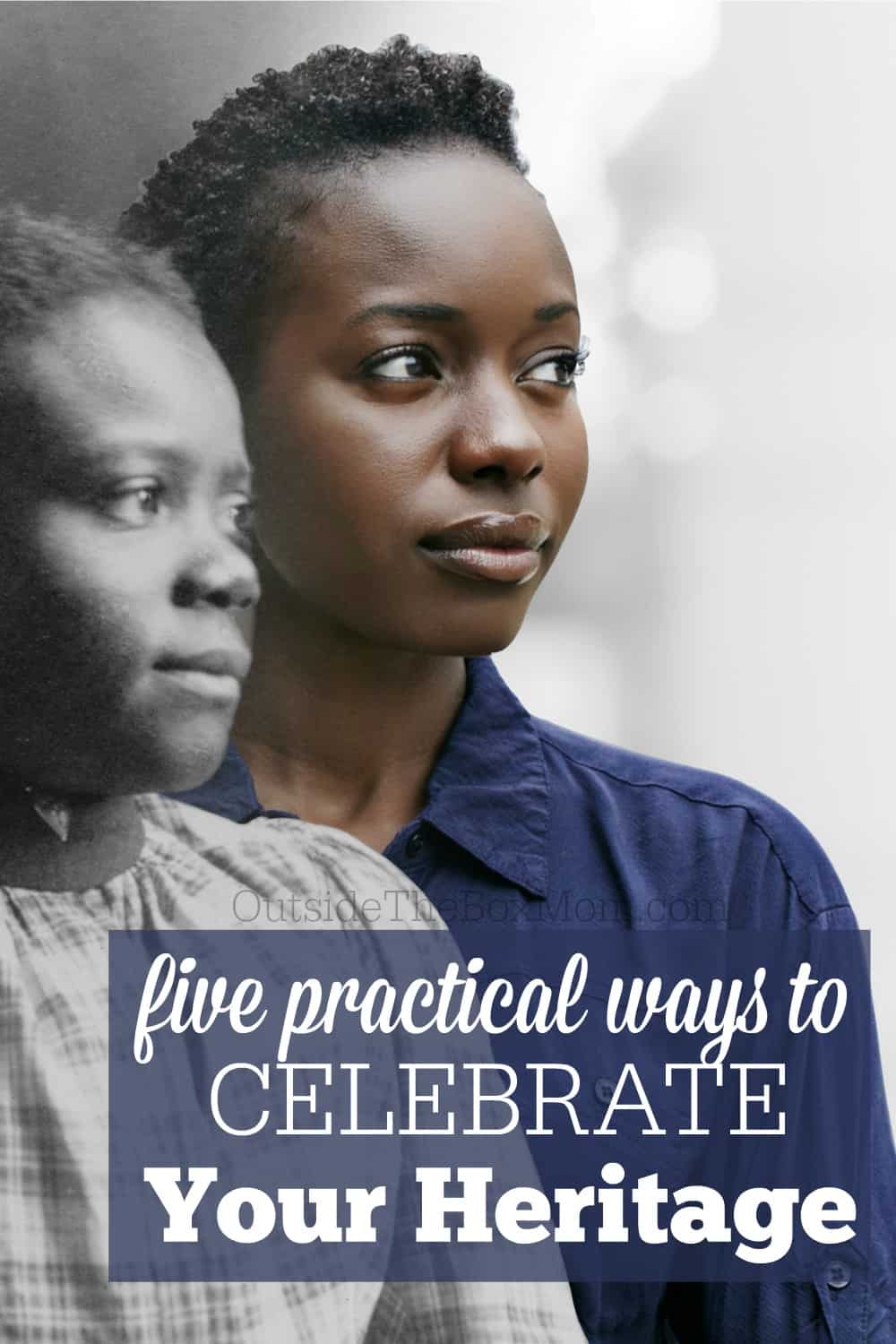What we learn in school is often only the top of the historical iceberg for Black History Month. It takes personal responsibility and motivation to truly learn about one’s heritage and history.
February is Black History Month:
Black History Month, or National African American History Month, is an annual celebration of achievements by black Americans and a time for recognizing the central role of African Americans in U.S. history. The event grew out of “Negro History Week,” the brainchild of noted historian Carter G. Woodson and other prominent African Americans. Since 1976, every U.S. president has officially designated the month of February as Black History Month. Other countries around the world, including Canada and the United Kingdom, also devote a month to celebrating black history. (History.com)
I think it’s important to intentionally seek out to learn and understand the history of your background and culture. I’ve compiled a list of five ways you can do just that.
Read
I’m embarrassed to say that I didn’t take interest in reading about African-American history until taking an African-American history class in college. I learned about Frederick Douglass, Booker T. Washington, W.E.B. DuBois, and Charlotte Hawkins Brown. Their stories made me thankful, encouraged me, and left an impression on me.
Read biographies about historical figures or events. Is there an important or under-valued hero you would like to know more about?
Watch
Hollywood has made it easier to get a broad brush understanding of figures and events. Roots, Red Tails, Lee Daniels’ the Butler, and dozens more stories and documentaries may inspire you to seek more information. I encourage you to seek out the original stories, to read in their entirety, for your self.
Reflect
Reflect on the timeline of your cultures heritage. What major events have taken place? How do those events affect you? How would your life be different if those events had not happened? Often, there may be history in your own hometown or city of residence that may start you on your own journey. Write, blog, or journal about it.
Discuss
Ask questions of older relatives like aunts, uncles, and grandparents. I did a lot of research while on bedrest during my last pregnancy on my family tree. I was able to trace my paternal heritage back four generations. Discuss these topics with friends, family, and colleagues.
Attend events, speeches, exhibits, or other opportunities to learn more about history. Participate in round tables, the discussion groups, or forums sponsored by localities, universities, and libraries.
Visit
Visit the birthplace, national landmark, museum, or historic center focused around a particular individual or time period in history to learn more about your heritage. Sometimes it’s very helpful to physically place yourself in the location that an event it took place.
I live within driving distance of the Booker T. Washington National Monument and other historic sites in the state of Virginia. When I lived in North Carolina, I passed the museum of Charlotte Hawkins Brown in Sedalia, North Carolina. I’ve always said that I wanted to visit it after learning about her.
The important thing is to be intentional about your celebration. Choose books, events, and conversations to take part in. Make a conscious decision to seek out information. You won’t regret it and your life will be richer because of it.
How do you celebrate YOUR heritage?
Download a free How to Celebrate Your Heritage worksheet




This is great advice not only for celebrating your own heritage, but for celebrating any group’s contributions to society. Although all of my ancestry is various kinds of European, it’s important to me to know about African-American history and culture and teach my child about it. My parents also value this, and when I was 10 years old we watched the entire PBS series “Eyes On the Prize”–it was fabulous, even though some episodes kept me up nights wondering how anybody could be so cruel to other people!
A true story you might not have heard is Ruth Brown’s attempt to integrate a public library in small-town Oklahoma in 1950; it got really crazy! Here’s my review of the book about it.
As for my own heritage, I have mixed feelings about being a Mayflower descendant, but around Thanksgiving I always spend some time thinking (and talking with my son) about how very brave it was for the Pilgrims to make that dangerous ocean voyage in a relatively small boat that almost fell apart on the way. Then, in their first winter, about half the adults died of illnesses–but none of the children died, so my ancestors are some tough people!
Another part of my ancestry comes from much more recent immigrants and a different type of religious persecution. Here are some of my thoughts on that: Excuse me, are you Jewish?
Hi Becca,
Thanks for letting me know about Eyes on the Prize. I will have to watch this with my 11 year old. Kudos to you for finding something to celebrate, no matter the culture.
Thanks for stopping by.
Raki